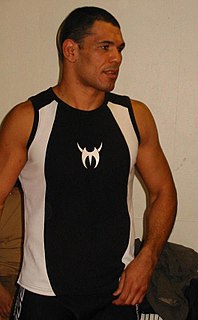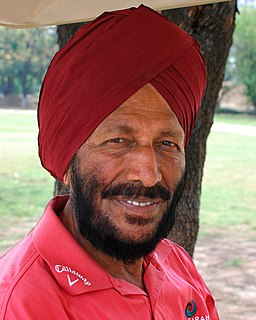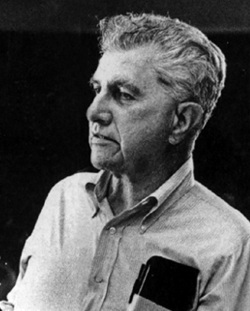A Quote by Tim Cope
My dream was to ride a horse from Mongolia to Hungary, 10,000 km across the great Eurasian Steppe, and in doing so, come to understand the nomadic cultures that have presided there for thousands of years.
Related Quotes
Look at native cultures - they've lasted for tens of thousands of years, not doing everything right. We wouldn't want to emulate them in many ways, but their basic philosophies - being a part of nature, a part of a tribe or group without elevating, not what you call dominator philosophies - they lasted for tens of thousands of years. It took us to come and put them asunder.
I saw a documentary on the Naadam festival that happens in Mongolia during the summer. One of the features of it is a horse race across the plains that all the young men enter - some as young as 12 years old. It's such a spectacular sight. It's incredible to think that this is a tradition that has been going on for centuries.
I don't really know what's going to happen 10,000 years from now. We've been biologically modern for, what, almost 200,000 years? Let's go back to the cave paintings: I think the moment that someone landed a charcoal on a wall to describe reality, that's language already - that happened on a vertical surface, which, even though they didn't build it, somehow we could understand it as architecture because there's a cavity that separates the inside and outside. That's 40,000 years in the past.
I used to ride horses and I remember one day I was working with a horse and we were having it jump, you know? There was a competition and so we were doing a test run and the horse fell on top of my body. I was a kid, like 7 years old. It took them a long time to take the horse off of my body after it had fallen.
If you have a horse that can beat horses worth $20,000, typically you enter it in a $20,000 claiming race. Now there might be people who feel their horse is worth $20,000, and they say, 'I wouldn't mind seeing the horse get beat.' So they'll enter it for $40,000 so the horse looks like it's performed badly.
There is a radical and unprecedented shift [in war] that is part of the general transformation of civilization. First, understand that the past 150 years of warfare are totally unprecedented in that we introduced a breathtakingly inefficient technology: guns. In the First World War, and this is not an exaggeration, it took 10,000 rounds of ammunition to kill one person. Any given shot had a one in 10,000 probability of ending someone's life.
































